Space Certified Network Associate (SCNA)™
Learn about SCNA program
- Length: 5 days
- Instructor led
- Online, onsite and Live online
Space Certified Network Associate (SCNA)™
The Space Certified Network Associate (SCNA)™ Training, offered by Tonex in collaboration with IS4, is a comprehensive program designed to equip participants with the essential knowledge and skills required to excel in the dynamic field of space networking. This course combines theoretical concepts with practical applications to ensure a thorough understanding of space communication protocols, satellite networking, and security measures.
The Space Certified Network Associate (SCNA)™ Certification, presented by Tonex in collaboration with IS4, is a cutting-edge program designed to validate and enhance professionals’ expertise in space networking. This certification equips participants with a profound understanding of space communication protocols, satellite networking technologies, and security measures unique to space networks. The comprehensive curriculum covers system design, implementation, and the latest advancements in space networking, ensuring participants are well-versed in emerging technologies.
This certification is particularly beneficial for engineers, technicians, and project managers involved in satellite communication systems, as well as individuals aspiring to embark on a career in the aerospace industry. With a focus on both theoretical concepts and practical applications, the SCNA™ Certification by Tonex and IS4 is a gateway to staying abreast of industry advancements and positioning oneself as a proficient space networking professional. Enroll in this program to elevate your skills and attain recognition in the ever-evolving field of space communication.
Learning Objectives:
- Gain an in-depth understanding of space communication protocols.
- Develop proficiency in satellite networking technologies.
- Acquire knowledge of security considerations specific to space networks.
- Master the design and implementation of robust space communication systems.
- Explore the latest advancements in space networking and their real-world applications.
- Prepare for the Space Certified Network Associate (SCNA)™ certification.
Audience: This course is ideal for professionals and enthusiasts seeking to enhance their expertise in space networking, including engineers, technicians, and project managers involved in satellite communication systems. It is also suitable for individuals aspiring to pursue a career in the aerospace industry.
Module 1: Introduction to Space Communication Protocols
- Communication Standards Overview
- Space Network Protocols
- Satellite-to-Satellite Communication
- Satellite-to-Ground Communication
- Protocol Implementation Challenges
- Best Practices in Protocol Usage
Module 2: Satellite Networking Technologies
- Satellite Constellations Overview
- Configuration of Satellite Constellations
- Satellite Link Analysis
- Optimization Techniques
- Ground Segment Considerations
- Advances in Satellite Networking Hardware
Module 3: Security Measures for Space Networks
- Threats to Space Communication
- Vulnerabilities in Space Networks
- Encryption in Space Communication
- Authentication Methods
- Security Policy Development
- Incident Response in Space Networks
Module 4: Design and Implementation of Space Communication Systems
- System Architecture Overview
- Components of Space Communication Systems
- Link Budget Analysis
- Frequency and Bandwidth Allocation
- Configuration of Ground Stations
- Practical Design Exercises
Module 5: Advancements in Space Networking
- Emerging Technologies Overview
- High-Capacity Satellite Systems
- Optical Communication in Space
- Software-Defined Networking for Satellites
- Quantum Communication in Space
- Case Studies on Innovative Applications
Preparation for SCNA™ Certification:
- SCNA™ Certification Overview
- Key Exam Concepts Review
- Mock Exam Practice
- Certification Exam Strategies
- Tips for Successful Certification
- Post-Certification Career Paths
Exam Domains:
Foundations of Space Networking:
- Understanding of basic concepts and principles of space networking.
- Knowledge of space communication protocols and standards.
- Familiarity with space network architectures and topologies.
Satellite Communication Systems:
- Understanding satellite communication fundamentals.
- Knowledge of satellite orbit types, coverage areas, and frequencies.
- Ability to analyze satellite link budgets and signal propagation in space.
Spacecraft Data Handling and Processing:
- Understanding spacecraft data handling architectures.
- Knowledge of onboard data processing techniques.
- Familiarity with data compression and encryption methods used in space.
Ground Stations and Control Centers:
- Understanding of ground station operations and equipment.
- Knowledge of ground station networking protocols and configurations.
- Ability to troubleshoot ground station communication issues.
Question Types:
Multiple Choice:
- Single best answer from multiple options.
- Questions may assess factual knowledge or scenario-based understanding.
True/False:
- Determining the accuracy of statements related to space networking concepts.
Scenario-based Questions:
- Providing solutions to hypothetical situations related to space networking operations.
- Requires critical thinking and application of knowledge.
Matching:
- Matching terms or concepts with their definitions or descriptions.
Short Answer:
- Providing concise explanations or definitions of space networking concepts.
Passing Criteria:
- Passing Score: To achieve the SCNA certification, candidates must score at least 70%.
- Exam Duration: The exam duration is three hours.
- Retake Policy: Candidates who fail the exam may retake it after a specified waiting period, typically one month.
- Validity: The SCNA certification is valid for three years, after which recertification is required through either reexamination or continuing education credits.
Need help? Contact us
